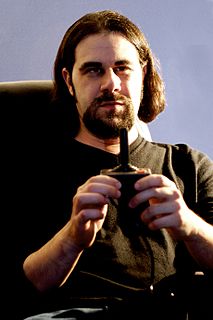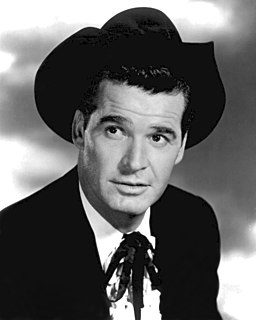A Quote by Baruch Spinoza
True knowledge of good and evil as we possess is merely abstract or general, and the judgment which we pass on the order of things and the connection of causes, with a view to determining what is good or bad for us in the present, is rather imaginary than real.
Related Quotes
This is a world of good and evil. Wherever there is good, evil follows, but beyond and behind all these manifestations, all these contradictions, the Vedanta finds out that Unity. It says, "Give up what is evil and give up what is good." What remains then? Behind good and evil stands something which is yours, the real you, beyond every evil, and beyond every good too, and it is that which is manifesting itself as good and bad. Know that first, and then and then alone you will be a true optimist, and not before; for then you will be able to control everything.
Man can only be certain about the present moment. But is that quite true either? Can he really know the present? Is he in a position to make any judgment about it? Certainly not. For how can a person with no knowledge of the future understand the meaning of the present? If we do not know what future the present is leading us toward, how can we say whether this present is good or bad, whether it deserves our concurrence, or our suspicion, or our hatred?
I don't want to know what's good, or bad, or true. I let God worry about the truth. I just want to know the momentary fact about things. Life isn't good, or bad, or true. It's merely factual, it's sensual, it's alive. My idea of living sensual facts are you, a home, a country, a world, a universe, in that order.
The terms good and bad indicate no positive quality in things regarded in themselves, but are merely modes of thinking or notions, which we form from the comparison of things one with another. Thus one and the same thing can be at the same time good, bad, and indifferent. For instance, music is good for him that is melancholy, bad for him that mourns; for him that is deaf; it is neither good nor bad.
Whoever has the power to label others as evil is automatically, or reflexively, the good person. Good people label bad people as evil. And once you do that, then it demonizes them. You don't negotiate with evil. You don't sit down at the table with the devil and say, "Okay, let's work this out." What you want to do is destroy evil. Every Catholic kid every night says, or should say, "Lead us not into temptation, deliver us from evil." And so you've got to go to God to help you deal with evil rather than your State Department or your negotiators.
A constitution founded on these principles introduces knowledge among the people, and inspires them with a conscious dignity becoming freemen; a general emulation takes place, which causes good humor, sociability, good manners, and good morals to be general. That elevation of sentiment inspired by such a government, makes the common people brave and enterprising. That ambition which is inspired by it makes them sober, industrious, and frugal.








































